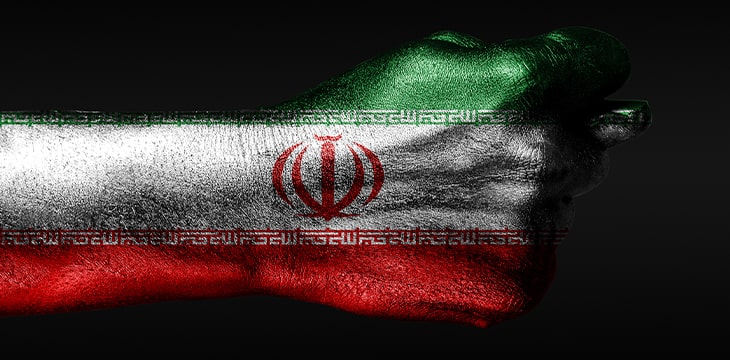|
Getting your Trinity Audio player ready...
|
People in Iran who turn to mining digital currency via their domestic electricity supply will now face heavy fines, according to a spokesperson for the Iranian government.
Mostafa Rajabi, a spokesperson for the Energy Ministry in Tehran, said users would be subject to significant fines if caught mining from home, citing block reward mining as one of the major threats to Iran’s energy supply this year.
Alongside shortages in hydropower caused by a lack of rain, the Energy Ministry has flagged block reward mining as a risk factor in maintaining national supply, hence the efforts to crackdown on those using domestic utilities for mining activity.
According to Rajabi, block reward mining could even lead to national blackouts this year, with anyone caught mining liable to pay compensation for any outages or disruption caused to energy supply in the country.
The move comes as the latest attempt from authorities in Iran to clampdown on the digital currency mining sector, after first legalizing mining in 2019—at the time seen as a response to U.S. sanctions and their pressure on the Iranian economy.
Legislation was then introduced to ban mining during peak energy consumption hours, as well as preventing the use of subsidized energy for mining activities, in order to preserve supply.
By October 2020, block reward mining had become a significant sector of the economy, leading to proposals from the Central Bank of Iran to hold the proceeds of Iranian mined digital currencies as government funds to help finance imports.
However, despite being notionally supportive of block reward mining, the industry has caused increasing pressures on the country’s national grid, leading to fears about its impact on national electricity demand.
The new proposals will be a blow for domestic digital currency miners in Iran, a further sign of the government’s desire for more rigorous regulation in the sector.
See also: TAAL’s Jerry Chan presentation at CoinGeek Live, The Shift from Bitcoin “Miners” to “Transaction Processors”

 02-24-2026
02-24-2026 




